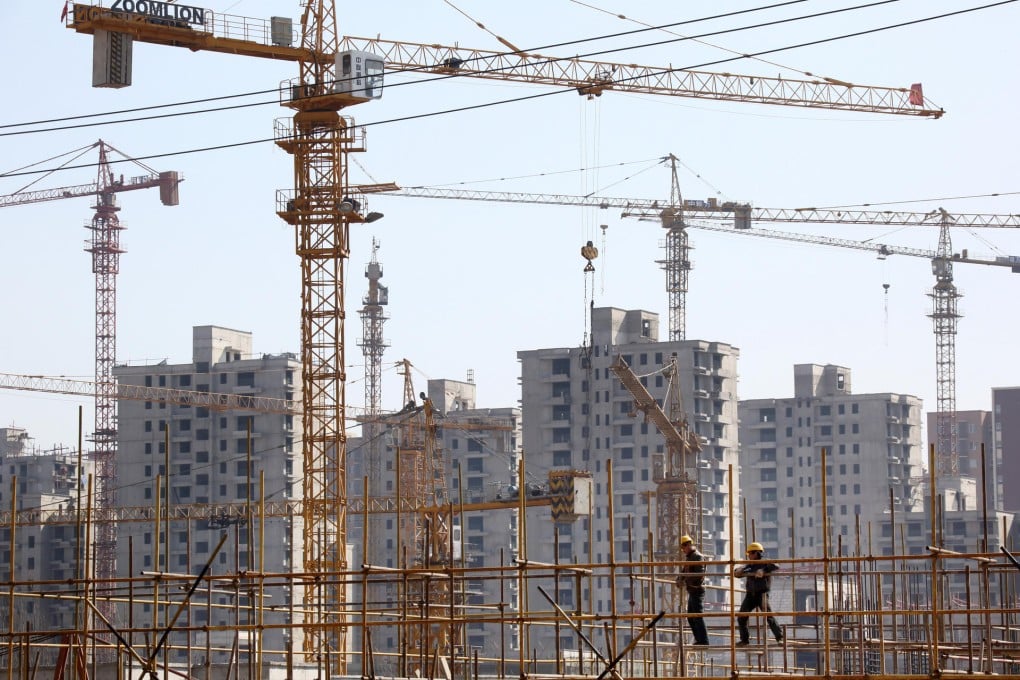China Vanke needs right strategy to remain No.1 developer, say analysts
Developerwas the marketleader again last year, but analysts say it must diversify and manage its debts in order to remain out in front

For China Vanke, retaining its ranking as the mainland's number one developer should be no reason for complacency, warn analysts, because runners-up could quickly overtake it if it does not get its strategies right.

But the analysts say the focus of the competition among the big players in the sector should be on profitability and diversification strategies, including decisions on switching attention from residential to commercial property development, or from the domestic to foreign markets.
"Apart from sustainable sales growth, people will look at how they control costs and improve profit margins," said Wee Liat Lee, head of Asia-Pacific property research for BNP Paribas in Hong Kong. "The other focus is on balance sheets - how they manage debts [to reduce funding costs], as we are going into a rising global interest-rate environment and every cent counts."
Last year saw back-door listings in Hong Kong by big mainland developers to access cheaper funds. This year will see a search for sustainable growth models as they position themselves for a looming peak-out in residential property investment.
"There is a limit [to China's property market] and we'll hit it in less than a decade," Yu Liang, chief executive of China Vanke, said last July, when he reaffirmed the company's strategy to reposition itself as an urban facilities and services provider. That means it might invest in businesses such as sewage disposal and community banking.